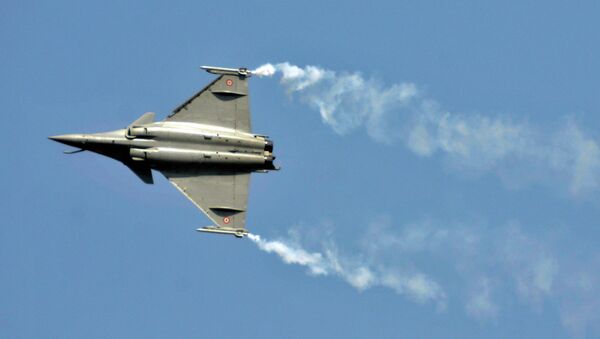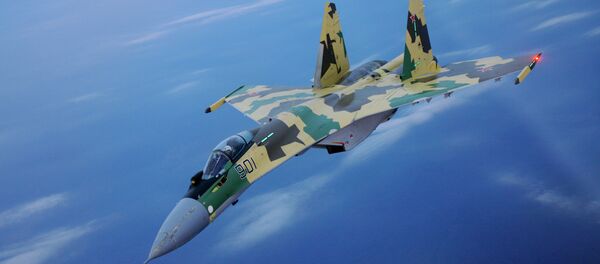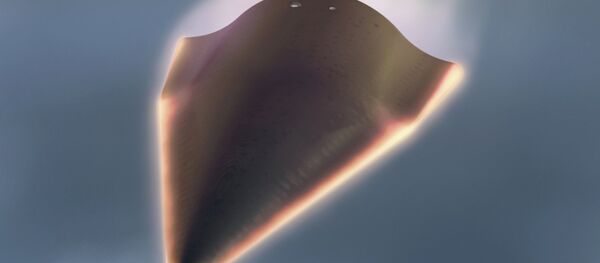Sources with India’s Hindustan Times suggest that a deal has already been struck "as India had put its foot down on doing away with the advance guarantee clause as it was a government-to-government sale" with France trusting that the New Delhi government had more than enough reserves to back the exchange.
The newspaper’s sources indicate that India’s Defense Minister Manohar Parrikar conveyed the country’s position regarding the need to waive the deposit clause via diplomatic channels to France on Thursday. It appears that Paris did not object to the condition and no other issues existed in the deal.
The news comes after the defense minister informed Lok Sabha (the lower chamber of the Indian parliament) that a team was negotiating to buy the French fighter jets manufactured by Dassault Aviation and that the team of negotiators had submitted their final report in favor of the acquisition.
The deal will not become complete, however, until India sends an agreement-in-principle to the finance minister who must first provide clearance on any transfer of state funds. Subsequently, the deal will be sent to the Cabinet Committee on Security, headed by Prime Minister Narendra Modi where it will await final confirmation before entering into force.
The deal will help the Indian Air Force (IAF) to fill a growing capability gap with the drawdown of its fighter fleet. The IAF has 33 fighter squadrons – consisting of 18 jets, but it requires 45 combat planes to counter threats from China and Pakistan according to the country’s military planners.
Initially, India looked to acquire 126 fighter jets, but budgetary constraints mitigated against such an aggressive outflow of money on defense spending forcing authorities to instead pursue the purchase of 36 jets in a one-off purchase from France.
The 1,188MPH Dassault Rafale is considered by some defense analysts to be the most lethal fighter jet in the skies today thanks in large part to its near fifth-generation level stealth capabilities.




